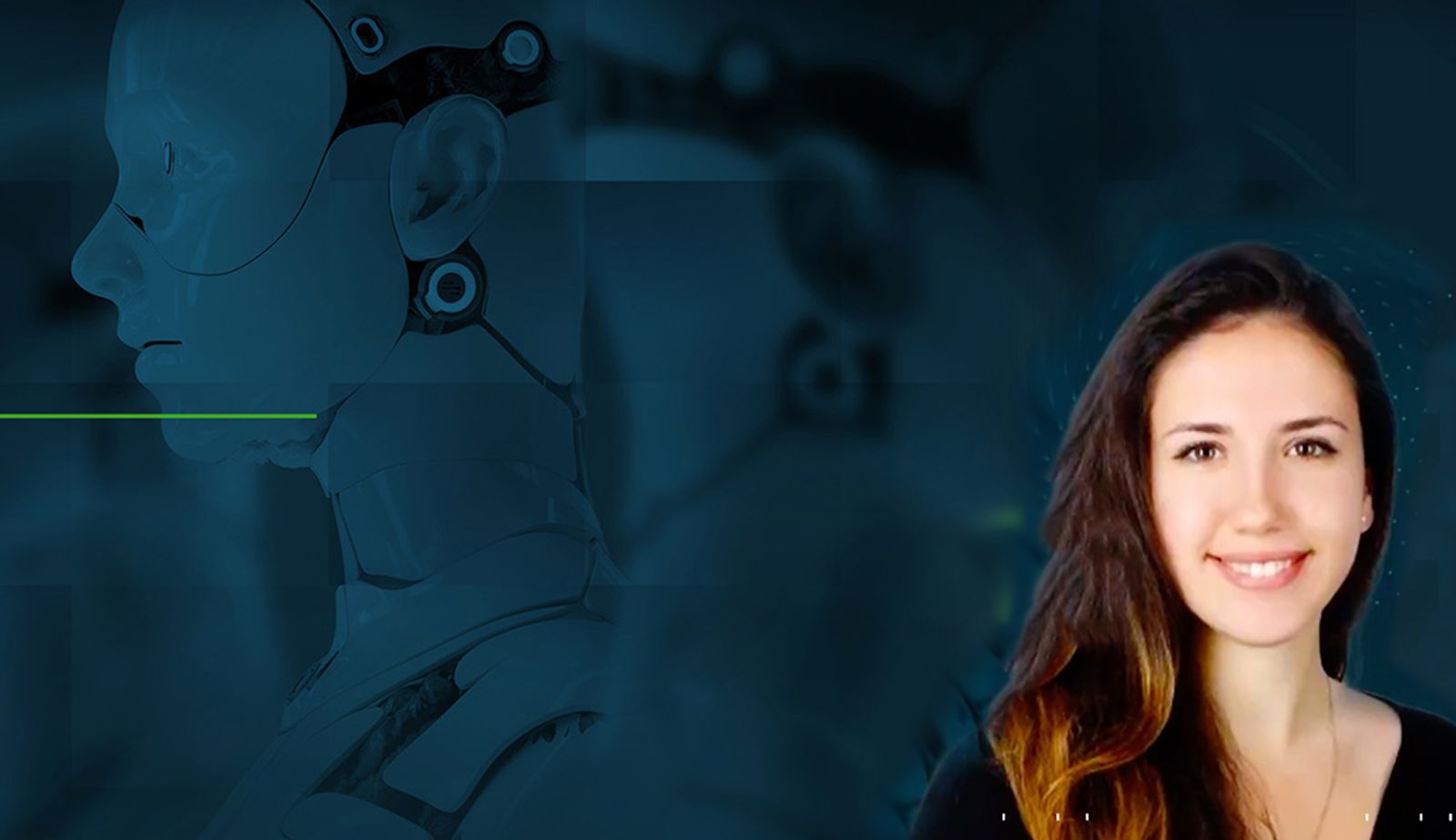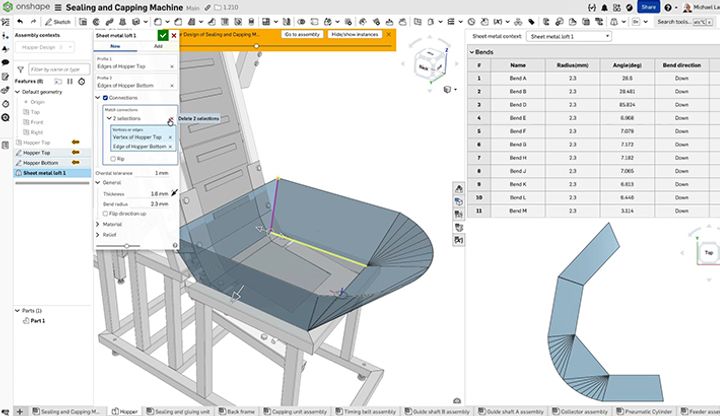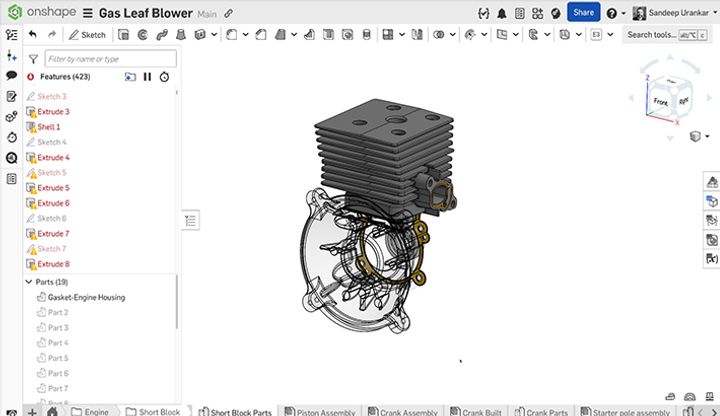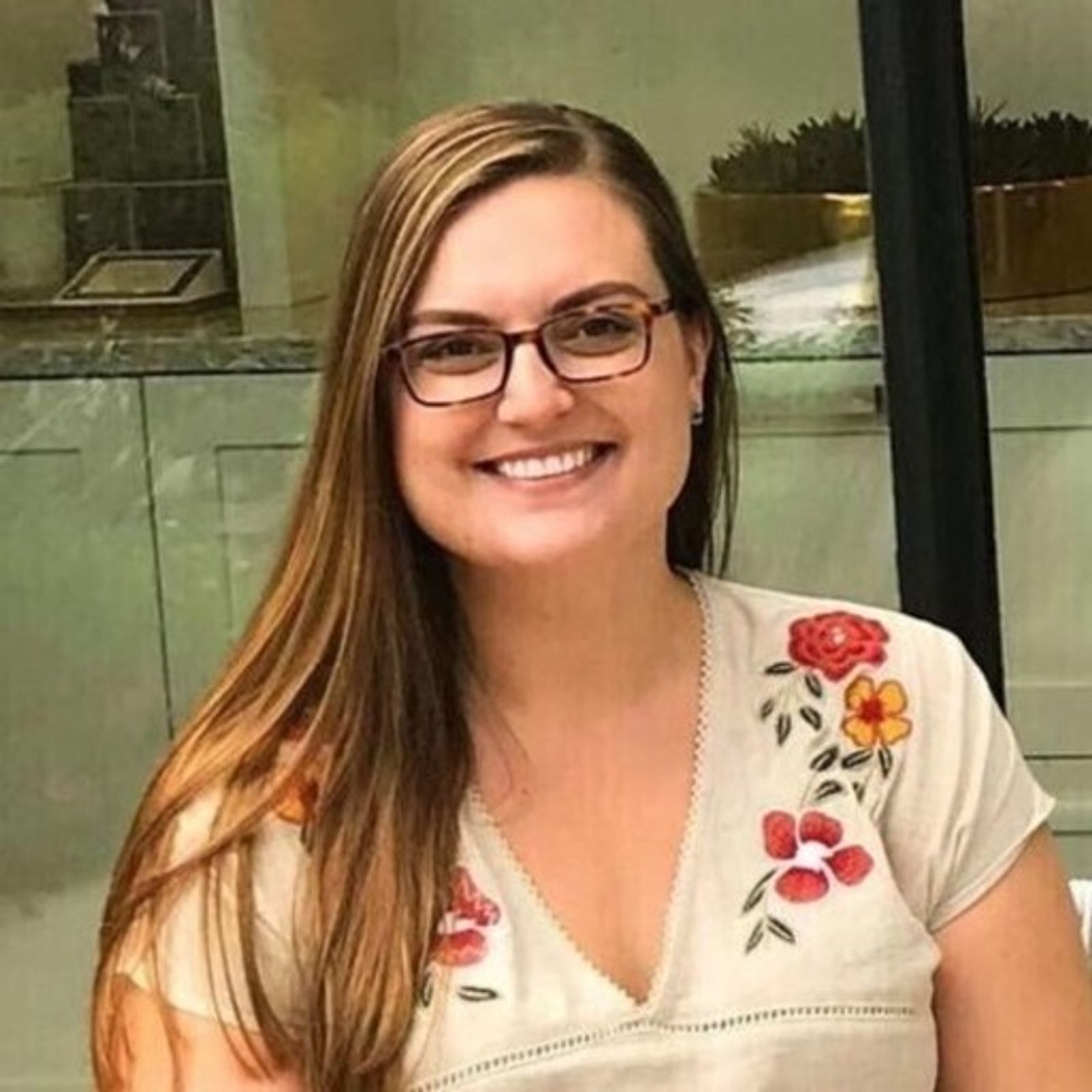
4:54
In the world of hardware startups, building cutting-edge products comes with a unique set of challenges. Founders sometimes lose sight of their goals by falling in love with their first solution and don’t fully focus on the problem itself. As a mechanical engineer and founder of Pratik Development, a hardware startup consulting and advising company, Sera Evcimen is passionate about helping startups stay away from the "Valley of Death."
In this episode of the Masters of Engineering podcast, Onshape co-founder Jon Hirschtick chats with Evcimen about her approach to engaging with startups and insights on adopting startup-like agile processes for large companies and how external strategic guidance and engineering expertise are often the keys to success.
Who is Sera Evcimen?
With a background in mechanical engineering, Evcimen has a wealth of experience working in the startup world in multiple capacities, including as an engineer, builder, and leader. She has worked in a space startup developing CubeSat satellites, in a consumer electronic startup working on bracelets and mass production, in fusion energy at Commonwealth Fusion Systems, and much more.
She realized her passion consisted of assisting the next generation of technical entrepreneurs in developing their products, coming up with a solid plan, building an execution-oriented team, setting up a supply chain, and scaling up manufacturing.
“I realized that I was continuously talking about my hypothesis of how startups can be better and what I've seen they fail the most,” she says. She shares some of the pitfalls.
From Startup Engineer to Startup Advisor: A Serendipitous Journey
Top 3 Problems Hardware Startups Face
1. Fixating on the First Solution
Evcimen believes that startups should get to know the problem they are facing, find a few ways to solve it, and bring people on board who have the skills needed to do so.
“I think the baseline of how you start to develop a hardware project is really falling in love with the problem that you’re solving, but not the solution,” she says.
She adds that companies hire people too quickly and that leads to having people on the team who are in complete agreement with the founder’s hypothesis on the solution, which drives a narrow perspective of approach. She also encourages startups to not fixate on the first solution and to not invest years into one solution and get nowhere.
The Pitfalls of Hiring Too Quickly: A Narrow Perspective on Problem-Solving
2. Lack of Product Focus
Another problem Evcimen says hardware startups face is a lack of focus. She has seen startups have multiple great ideas with different applications or markets they can potentially attack but have very few people on the team. In this case, they have multiple problems with multiple solutions for each product but a small team.
“That causes people to spread their team too thin and then you don’t actually get the depth of a product,” says Evcimen.
3. The Hardware Startup Paradox
Evcimen mentions oftentimes startups have a vision of what they want, but don’t know the steps to achieve it. This is what she calls “the startup paradox,” where there's a lot to get done but don’t have anything to do today because no one knows where to start.
“The way I describe it is there’s this huge pile of things that need to get done for that vision to actually exist and conceptualize in the world,” she explains. “But because there isn’t anyone that’s able to put them into actionable chunks of things that need to get done, your day looks empty.”
Evcimen’s Approach to Mentoring Hardware Startups
When advising companies, Evcimen lets the founders describe their vision and helps them create a procedure of what the next actionable steps should be to achieve the larger vision. She also helps them turn a mountain of tasks into to-do lists and figure out what the skill deficits are. She usually takes on no more than three clients at once to avoid spreading herself too thin.
Evcimen's approach to advising companies is to let founders describe their vision, create a procedure of what the next actionable steps are, help them turn a mountain of tasks into to-do lists, and figure out what the skill deficits are. Her goal is to not stay too long so the startup can become independent.
Shifting Large Companies to a Startup Mentality
For larger companies looking to work more like a startup, Sera advises them to create something she describes as a sandbox organization.
“In larger companies, oftentimes there is a lot of structure and bureaucracy in place that really makes innovation struggle,” she says.
She explains that a “sandbox” can be treated as a separate organization where the company is aware of the risk profile and is comfortable allocating enough funds to be able to take different risks and have an agile hardware development and testing environment where seedling ideas can be pitched.
“I think there is a good systematic way in which people can pitch seedling ideas and say, ‘Hey, I see this as a big problem in the world, I think I have five different potential solutions for it,” she adds.
Creating an Innovation Sandbox: Fostering Agile Hardware Development and Testing in Large Companies
Providing a Path to Innovation Excellence
Emphasizing the pitfalls of fixating on initial solutions, lacking product focus, and falling into the hardware startup paradox, Evcimen's strategic approach stands out.
Her mentoring isn't about abstract ideas. It's a mix of clear discussions and actionable plans. Cutting through the fluff, she merges passion with practicality, propelling startups toward tangible success. Her strategic mentorship and vision for corporate agility provide a straightforward roadmap for navigating the challenges of innovation.
To learn more, listen to Evcimen’s podcast, The Builder Circle, for insights on how to build a successful hardware startup and company. For advising and coaching, contact Sera through LinkedIn or by email at sera@pratikdev.com.
Try Onshape Today
Head to our sign-up page to choose the right CAD plan for you and your team.
Latest Content

- Case Study
- Consumer Products
How K2 Skis Accelerated Product Development by 25% with PTC’s Onshape
01.14.2026 learn more
- Blog
- Becoming an Expert
- Sheet Metal
Two Views, One Model: Faster Sheet Metal Design in Onshape
02.12.2026 learn more
- Blog
- Customers & Case Studies
- Collaboration
- Consumer Products
RigStrips Boosts Design Speed Using Onshape's Collaborative Tools
02.11.2026 learn more
- Blog
- Becoming an Expert
- Features
- Data Management
How Onshape's Repair Tool Fixes Broken References
01.29.2026 learn more


